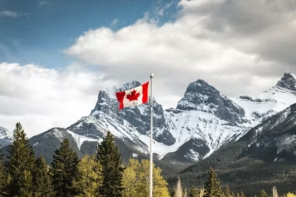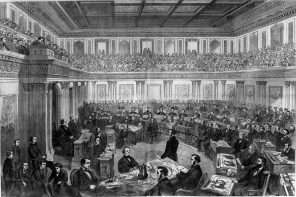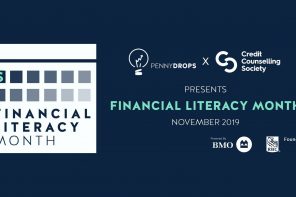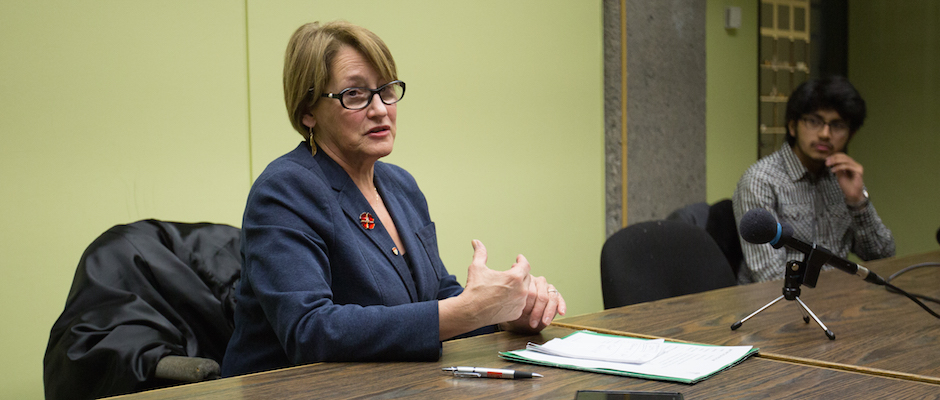There are a lot of things to like about being American: the opportunity, the cities, the ingenuity and—let’s not forget—the sports. And yet, as an American, I’m here now, at a Canadian university, in a largely francophone city. Clearly, I’m no staunch patriot, but I’m still an American. Today, however, I wish I wasn’t.
On Tuesday, October 1st, Congress failed to agree on a spending resolution that would extend the funding of U.S. government projects and services. Without this agreement, the spending resolution died and funding ceased. Without funding, the U.S. began shutting down parts of its operations. Major agencies like the Federal Communications Commission (FCC), the Internal Revenue Service (IRS) and the National Aeronautics and Space Administration (NASA) have furloughed the majority of their staff. Just like that, hundreds of thousands of federal workers, deemed “non-essential”, were placed on temporary unpaid leave while government services grinded to a halt.
First, it’s important to see this shutdown in the larger context. Right now the United States has what many would call a “Do-Nothing Congress”: Republicans and Democrats can’t agree on anything. In this specific spending resolution, budgetary details of the 2010 Affordable Care Act (affectionately known as Obamacare) could not be agreed upon before the old resolution expired and, voilà, no deal. The big red button was pressed: commence government shutdown.
This bears huge economic consequences. “Economists at Morgan Stanley estimate that every week of a shutdown would shave 0.15 percentage points from the quarterly pace of gross domestic product,” reads a report from the Wall Street Journal. Put in context, this represents $22 billion in lost growth every week. This means the government shutdown has real economic impact: lost jobs, postponed investments, distressed markets.
As an American, this is extremely embarrassing. My government turned off the faucet on GDP growth after an unnecessary political game of chicken. Real people are being affected because both parties are too stubborn to compromise.
Sadly, a temporary government shutdown is the best case scenario. Federal workers take a few days off, and once Washington has sorted out its problems they go back to work. Dozens of federal services stop or slow down and life is inconvenient for everyone, but will return to normal after the end of this impasse, as happened under Bill Clinton in 1996.
The worst case scenario occurs if the government does not raise the debt ceiling by October 17th. Even with drastic spending cuts, the government will likely default. As the de facto global reserve currency and one of few remaining risk-free assets, financial markets depend on the integrity of the greenback. Should it become a risky asset, interest rates will soar and markets will freeze. If the the collapse of Lehman Brothers in 2008 sent the economy into tailspin, just imagine what a default of the U.S. government would do.
So not only is a government shutdown pretty bad in and of itself, but even the possibility of a government default is tantamount to the apocalypse. There must be a good reason for how America got so close to the edge, right?
The U.S. debt ceiling is a perennial problem because the U.S. always has to borrow money, at very least just to pay back its own old debt, but also to fund programs like Medicare and Social Security.
Notably, the vast majority of economists think a debt ceiling makes no sense. Which probably explains why no other country (besides Denmark) has one. Naturally, as is the American way, we have one. But we’re stuck with it, like it or not, and right now, we’re awfully close to defaulting because of it.
As has been the case nearly every year for the past decade, Congress could always just raise the debt ceiling again. But this time, politics dominate and some very hardline Tea Party representatives in the House refuse to raise it.
This is beyond jaw-dropping. Washington is toying with the fate of the world because they can’t agree once more on raising a cap that shouldn’t exist in the first place? This is jaw-snapping.
How could a country so genuinely revered for its ascent be so genuinely asinine in its potential fall?
The livelihoods of millions of people depend on the smooth functioning of the economy and financial markets—it is not worth a game of political chicken nor should it even be considered in the first place. “We don’t negotiate with terrorists,” doesn’t apply when the entire country is held hostage.
The United States has the world’s largest economy, most innovative technology sector and most popular media. But America also lays claim to the financial system that drove the world economy into the ground and, as proven this week, a political system that can’t even agree on which colour to decorate a cake.
The views expressed in this opinion piece are the author’s own and do not necessarily represent those of The Bull & Bear.








